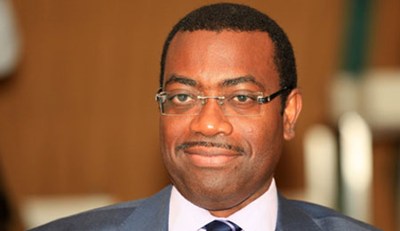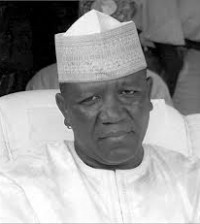Siemens votes $100m for crusade against corruption in Nigeria, others
TO dust itself of the image of corruption and subsequent sanction by the World Bank, Siemens, one of the leading global business conglomerates has earmarked $100 million for a crusade against corruption in Nigeria and other countries including South Africa and Egypt.
The company, which is desperate in redeeming its image said yesterday it was now set to create fair market conditions, fight corruption and fraud through collective action, education and training in the 160 countries including Nigeria.
Siemens has earmarked $100 million to create fair market conditions, fight corruption and fraud through collective action, education and training in Nigeria, Egypt and South Africa, among others.
The local network of the United Nation’s Global Compact (UNGC) hosts the project created on the Siemens Integrity Initiative. It is already enjoying the full support of the Nigerian Economic Summit Group (NESG), which is now at the forefront in the promotion of the initiative in Nigeria.
Promoters of the initiative revealed that the Convention of Business Integrity (CBI), which seeks the compliance of corporate organisations with ethical standards, has already benefited from its support.
Speaking during a courtesy visit to The Guardian Thursday, NESG Senior Consultant and Head of Programme, Innocent Azih, explained that the UN Global Compact (UNGC) was a strategic policy initiative for businesses to be committed to aligning their operations with 10 universally-accepted principles in human rights, labour, environment and anti-corruption.
According to him, the UNGC pursues two complementary objectives, which are to mainstream the ten principles in business activities around the world and galvanise actions in support of broader UN goals, including the Millennium Development Goals (MDGs).
Azih said anti-corruption, which is one of the 10 principles of the UNGC initiative remained the focal strategy of the development institution in creating effective momentum in the global fight against corruption.
He disclosed that the role of the NESG in the initiative would be to establish relationships with key stakeholders willing to participate in the anti-corruption collective action initiative.
“We will also organise and facilitate a series of in-person meetings, which will bring together business participants, government officials and other relevant stakeholders in order to launch and sustain a successful anti-corruption collective action platform. We shall be interacting, day-to-day, with key stakeholders and enhancing their understanding and involvement in the anti-corruption matters.
Siemens Regional Compliance Officer, Ayodele Afolabi, said the Global Compact has developed an initiative that provides collaborative solutions to the most fundamental challenges facing both business and society.
“The initiative, seeks to combine the best properties of the UN, such as moral authority and convening power, with the private sector’s solution-finding strengths, and the expertise and capacities of a range of key stakeholders”, he said.
According to him, the Global Compact is global and local; private and public; voluntary yet accountable.
He listed the benefits of engaging in the initiative to include: Adopting an established and globally recognised “policy framework for the development, implementation, and disclosure of environmental, social and governance policies and practices; sharing best and emerging practices to advance practical solutions and strategies to common challenges and advancing sustainability solutions in partnership with a range of stakeholders, including UN agencies, governments, civil society, labour and other non-business interests.”
Making reference to Siemens recent scandal and the fine it paid, Afolabi said the company’s involvement in anti-corruption campaign is “higher fine.” He said it is a way of telling people its new resolve to imbibe the highest level of ethical standard in its business operations.
[Guardian]








